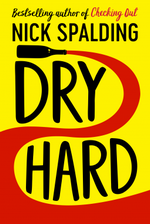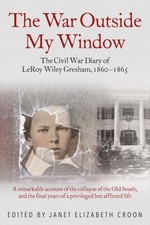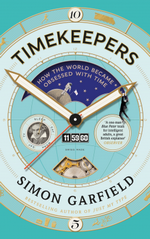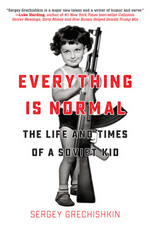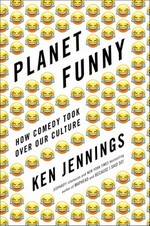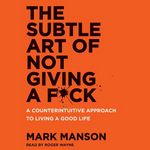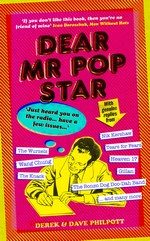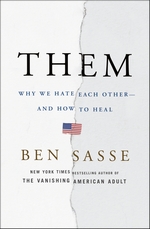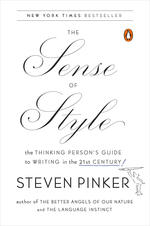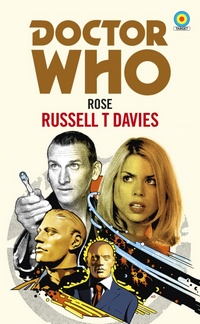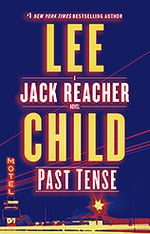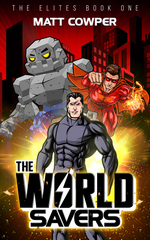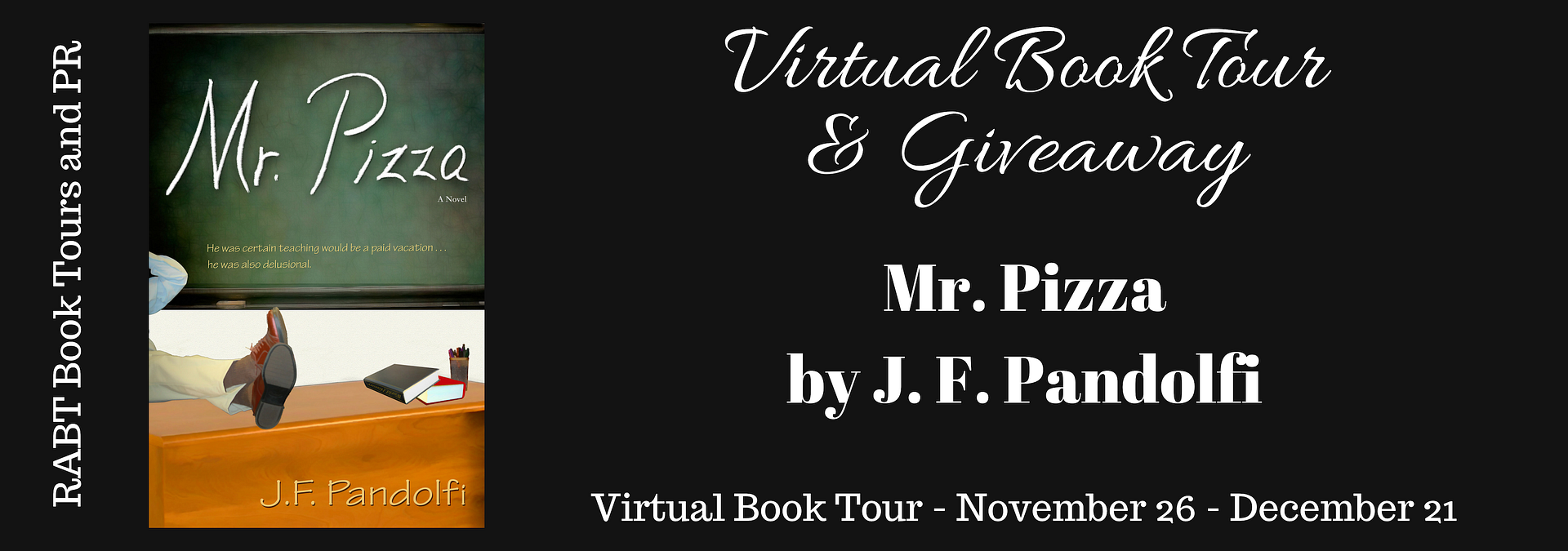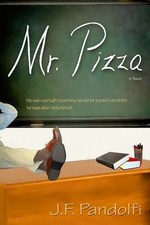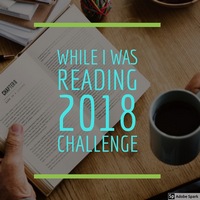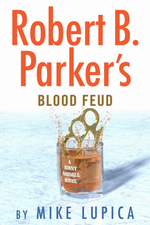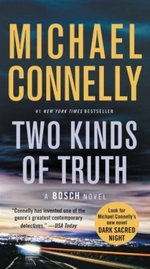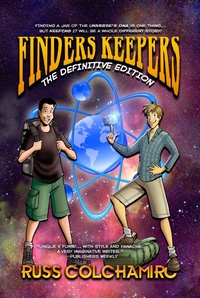 Finders Keepers: The Definitive Edition
Finders Keepers: The Definitive Edition
by Russ Colchamiro
Series: Finders Keepers, #1Kindle Edition, 310 pg.
Crazy 8 Press, 2018
Read: January 4 – 7, 2019

This is a very strange ride. That might be the most important thing to take away from my experience with this book. Strange is good, strange is unique, strange is the kind of thing you can only read here (well, you can read strange SF in other places, too, but they won’t be this kind of strange).
That doesn’t tell you a lot, though, does it? This is the story of two twenty-something guys (one from the US, one from New Zealand) backpacking their way around Europe. It’s the story of a young woman, an artist trying to escape from something, and her life-changing interactions with those two guys. It’s also the story of a young couple, trying to better their station in life, who might have taken on a job they shouldn’t have — and their tragic blunder in the middle of carrying out that job which just might ruin their lives. There’s also the woman whose ambition and slip-of-judgement that has led to her fall into disrepute and her loyal assistant as they try to stage a comeback. Oh, yeah, and there’s Ira and Howard — a dolphin and a whale — who are basically the sea mammal answer to Cheech and Chong.
Jason’s waiting tables at a small restaurant, putting off getting a teaching job, because he’s just not ready to take that step, when one of his customers inspires him to head to Europe for a while. This was a huge mistake — he’s unprepared for anything, the fact that he’s not robbed blind by the first slightly crooked person he meets in any country is a wonder. He eventually runs into Theo Barnes, who’s only a moderately better traveler. He’s on a quest — the exact nature of which I’ll leave to you — but Ira and Howard gave him some pretty specific directions. Primarily, these two do what backpacking twenty-something males do: the drink a lot, they chase girls, the drink some more, they get lost in Europe, and drink to excess.
I’m going to pass on explaining how the others I mentioned get into the story — there’s a lot of complicated explanation — that makes perfect sense in Colchamiro’s narration, but wouldn’t quite work in my summary. But most of the other people in the book aren’t human — they’re a different form of life who are responsible, in one way or another, for the construction of Galaxies, Star Systems and Planets — most notably, they’re all involved in the creation of our solar system. And all of them have done something horribly wrong (inadvertently or otherwise) and all are in the middle of crazy, elaborate plans to regain their status. Colchamiro tells us about their falls and their various efforts to fix things while we watch Jason and Theo binge drink their way around Europe.
I’m honestly not sure if that paragraph made much sense — I bet if you’ve read the book, it does.
What surprised me about the book wasn’t the strange antics these pairs got into — but that Colchamiro works a lot of heart and some pretty serious emotional arcs into the zaniness. He does so in a way that doesn’t seem forced, it doesn’t seem like he’s taking a break from the outrageous actions to have a heartfelt moment, or anything — but he seamlessly merges personal growth, insight or complex emotions into the same scenes as a talking dolphin or biker gang interrupting a son introducing his girlfriend to his mother.
There was a time back in the 90’s or so where it seemed that not a week could go by without someone on a sit-com ask the clarifying question: “Did you mean funny ‘ha ha,’ for funny ‘peculiar/strange/odd’?” I thought of that frequently while reading this book — and once I abandoned the idea of this book being “funny ‘ha-ha,'” and instead embraced the strange, the absurd, the idiosyncratic peculiarity of Finders Keepers, I enjoyed it a lot more. I’m not saying that there aren’t funny moments, and it’s definitely not a serious work — it’s a fun, goofy, and strange SF adventure, which we need more of. I just don’t think I laughed or chuckled all that much.
That said, do I encourage you to read it? Oh yeah. Am I curious about what the next two installments of this trilogy might bring? Oh yeah. And I fully intend on finding out as soon as I can. I wager if you spend some time with this particular batch of oddballs you’ll be as curious as I am — yet pleased that you spent this much time with them. It’s a great mix of heart, oddball characters, youthful indiscretions, and wisdom that time and suffering can only bring — all in one goofy adventure.
—–

My thanks to iREAD Book Tours for the invitation to participate in this tour and the materials they provided, including a copy of the novel.



